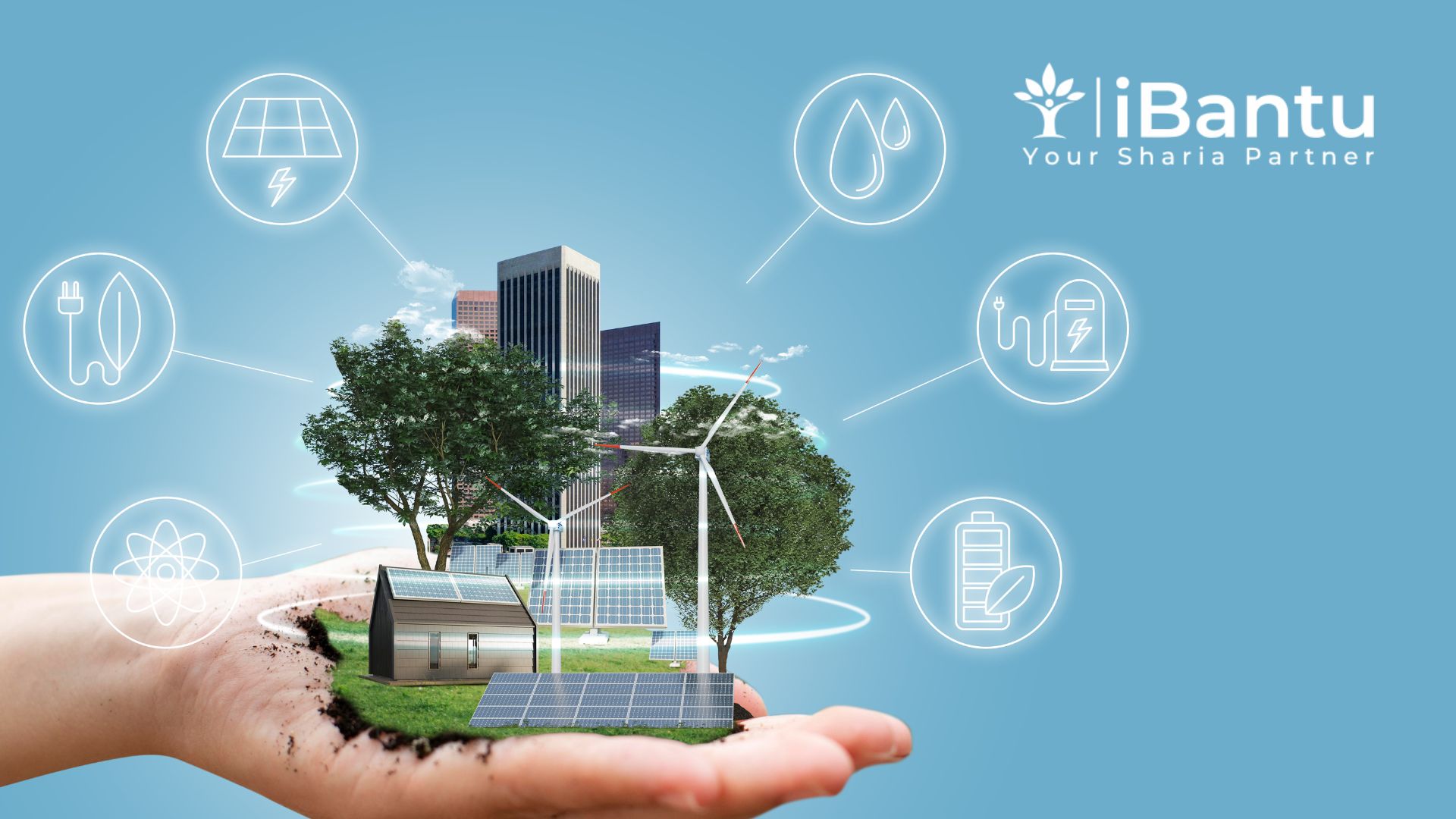Electric vehicles (EVs) have emerged as a global solution for reducing greenhouse gas emissions and combating air pollution. But are they truly the solution? Or just solving a problem, and making a new problem? We will see and explore whether EVs are genuinely more sustainable in the context of Indonesia, a country grappling with unique challenges related to energy sources, infrastructure, and environmental concerns. Through an analysis of the Indonesian EV landscape, including policy initiatives, infrastructure development and manufacturing, we will discuss the viability and sustainability of EV adoption in this dynamic Southeast Asian nation (Indonesia).
The Indonesian EV landscape
Indonesia, a sprawling archipelago of more than 17,000 islands, is experiencing rapid urbanization and an increasing demand for transportation. As concerns over climate change and air pollution grow, electric vehicles (EVs) have gained attention as a potential solution. EVs offer the promise of cleaner and more sustainable transportation, but their success in Indonesia hinges on several key factors that differ from those in many Western countries. We will assume later on, whether EVs are genuinely more sustainable in Indonesia, considering the unique challenges and opportunities presented by this diverse nation.
The Global Appeal of Electric Vehicles
Electric vehicles (EVs) have garnered global acclaim for their eco-friendly attributes. They are heralded for their ability to significantly reduce emissions, producing zero tailpipe emissions that aid in mitigating air pollution and curbing greenhouse gas emissions. Furthermore, EVs demonstrate remarkable energy efficiency, with electric motors outperforming internal combustion engines, resulting in reduced energy consumption.
In addition to their environmental benefits, EVs offer a practical advantage with lower operating costs. This cost-effectiveness is due to their reliance on cheaper electricity and reduced maintenance requirements. These combined advantages position electric vehicles as a compelling and sustainable mode of transportation on a global scale, contributing to the broader efforts to combat climate change and improve air quality.
Indonesian Context: Challenges and Opportunities
Assessing the sustainability of electric vehicles (EVs) in Indonesia involves a deep dive into the local context, presenting both challenges and opportunities. Firstly, Indonesia’s energy landscape relies heavily on coal and fossil fuels, posing a significant hurdle to the environmental benefits of EVs. The transition to cleaner energy sources is imperative for EVs to genuinely reduce emissions and promote sustainability. Secondly, establishing a robust charging infrastructure network is pivotal for the widespread adoption of EVs. Indonesia encounters difficulties in creating a reliable and extensive network of charging stations, which is essential for the convenience and viability of EVs.
Additionally, government policies and incentives have a substantial impact on EV promotion, and Indonesia has implemented various measures to stimulate the adoption of electric vehicles. Lastly, the sustainability of EVs in Indonesia is intricately linked to factors such as battery production, recycling, and end-of-life disposal. These aspects demand meticulous consideration in the country’s distinctive environmental setting, further emphasizing the need for a holistic approach to EV sustainability.
Sustainability Assessment in Indonesia
Examining the sustainability of electric vehicles in Indonesia entails:
Policy Landscape: The Indonesian government initiatives include tax incentives, import duty reductions, and ambitious targets for EV adoption. These efforts reflect a commitment to cleaner transportation. The Indonesian government has set a goal for EVs to make up 20 percent of all domestic cars manufactured, equal to around 400,000 e-cars, by 2025. These ambitious targets for EV production have advantages, reducing dependency on oil imports and supporting a promising battery manufacturing industry. Both are likely to help improve Indonesia’s fiscal position and socio-economic development.
Energy Transition and Environmental Considerations: Indonesia is actively expanding its manufacture. To support EVs batteries, in Karawang West Java, the EVs Battery Plant has been established to manufacture batteries for electric vehicles, owned by South Korean companies Hyundai and LG. These will become the largest of its kind in Southeast Asia.
However, the problem behind this production is always about the resources of energy power. Indonesia power plants produce energy mostly dependent on coal-based. As we know that coal is not sustainable, because coal mining can result in habitat destruction, soil erosion, and water pollution. Therefore, sustainable battery production, recycling, and disposal are evolving areas of interest, and Indonesia is exploring strategies to minimize the environmental impact of EVs.
iBantu’s Aspirations regarding EVs
Electric vehicles hold significant promise in Indonesia as a sustainable solution for reducing emissions and addressing urban transportation challenges. While unique challenges, including energy sources and infrastructure development, require careful attention the Indonesian government’s commitment to EV promotion and the gradual shift toward cleaner energy sources bode well for the sustainability of electric vehicles.
In addition, to answer the question on the title above, sure that generally EVs are more sustainable. As Indonesia navigates its path toward a more sustainable transportation future, EVs are likely to play an increasingly vital role in the nation’s efforts to combat climate change and improve air quality. Take Jakarta for instance, a few weeks ago, was once included in the ranks of the most polluted cities in the world (by Swiss air quality technology company IQAir). The EV may be a solution for Jakarta as a capital city to reduce carbon monoxide and air pollution.
However, as we mentioned above, despite the advantages of EV, the batteries powering EVs present a new challenge, urging us to seek more sustainable battery options and minimize their environmental impact. In simpler terms, we should consider other energy resources like solar systems to embrace renewable energy and enhance sustainability. In the same time, the use of public transportation must also be maximized to reduce energy consumption used by households in electric vehicles in the future.
For the rest, join our sustainability community and be a part of this transformative journey with iBantu.
References:
- Jakarta Globe
- Climate Work Centre

